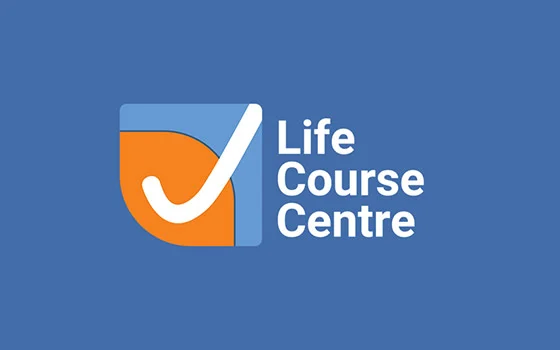Search
Research
Developing an Online Tool to Promote Safe Sun Behaviors With Young Teenagers as Co-researchersDespite education about the risks of excessive sun exposure, teenagers in Australia are sun-seeking, with sunburn common in summer. Conversely, some regular (time-limited) exposure to sunlight (that avoids sunburn) is necessary for vitamin D and healthy bones and other molecules important for immune and metabolic health. New interventions are thus required to better support teenagers to make healthy and balanced decisions about their sun behaviors.
Research
Why did you do that? Differential types of aggression in offline and in cyberbullyingTraditional conceptualizations of aggression distinguish between reactive (e.g., rage) and proactive (e.g., reward) functions of aggression. However, critiques of this dichotomy have pointed out these models conflate motivational valence and self-control.
Research
School readiness is more than the child: a latent class analysis of child, family, school and community aspects of school readinessIn this paper, we aim to contribute to the understanding of the multidimensional nature of school readiness. In a sample of over 4,000 Australian children in their first year of school, we used latent class analysis to examine patterns of school readiness based on child, family, school and community characteristics, and examine the relationship between these patterns of school readiness and subsequent outcomes (reading comprehension, school absence and emotional and behavioural difficulties).
Research
Interpregnancy interval and the risk of oppositional defiant disorder in offspringThe study aimed to investigate the association between interpregnancy interval (IPI) and parent-reported oppositional defiant disorder (ODD) in offspring at 7 and 10 years of age. We used data from the Avon Longitudinal Study of Parents and Children (ALSPAC), an ongoing population-based longitudinal study based in Bristol, United Kingdom (UK).
Research
Tassie Kids: PathwaysTassie Kids will bring together information about what early childhood services families use across the first five years of a child’s life.
Research
The Adult Migrant English Program (AMEP) Impact Evaluation ProjectThis project evaluates the effectiveness of the Adult Migrant English Program (AMEP). To date, we have produced five research reports submitted to the Australian Government Department of Home Affairs.

Research
The Life Course CentreThe Australian Research Council (ARC) Centre of Excellence for Children and Families Over the Life Course
Research
Pathways between racial discrimination and the health and wellbeing of Aboriginal and Torres Strait Islander children and young peopleThis PhD project aims to examine the associations and causal pathways between racial discrimination and the health and wellbeing of Aboriginal children and young people aged 0-17 years.
Research
WA Department of Health Merit Awards - Project - Improving Aboriginal health disparities: the influence of education, child protection and justice systems over time and across generationsThis project is a partnership between researchers, the Aboriginal community and government to provide evidence for policy addressing major health priority areas for Aboriginal children and families.
Research
Young Minds MatterYoung Minds Matter is the largest survey of child and adolescent mental health and wellbeing ever conducted in Australia.
